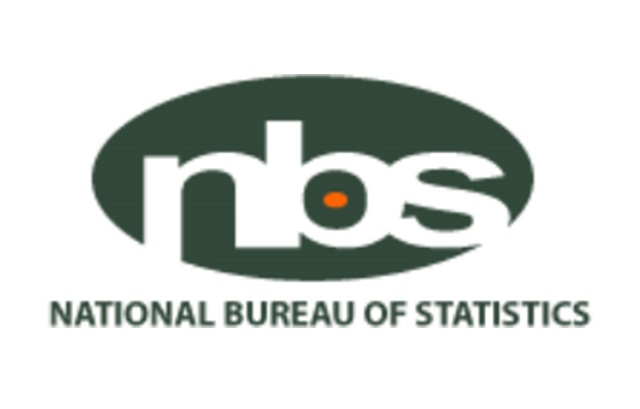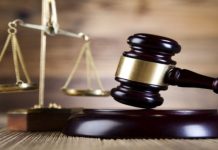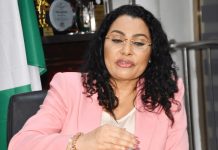The rebasing of Nigeria’s Gross Domestic Product (GDP) has begun by the federal government to adapt to changing times.
As part of the efforts of the government to rebase the GDP, the Nigeria Bureau of Statistics (NBS) said that after listing commercial institutions in the country, which forms a part of the National Business Sample Census (NBSC), it conducted a survey of businesses in the country, as part of its National Business Sample Survey (NBSS).
Through the NBSS, the bureau gains insight into all establishments that have been sampled.
NBS, through its spokesperson, Ichedi Sunday, said, in a statement, that the NBSS was a means to “rebase the Gross Nationa Product from 2010 to 2018/2019”.
READ ALSO: EFCC Gets Approval To Arrest ExxonMobil MD
Sunday added that the purpose of the NBSS was “to provide sectorial data at national and state levels, determine the structure of the Nigerian economy, determine the sectors that drive the Nigerian economy and those that require government intervention to improve them.”
Businesses present in all 36 states of the country, and the Federal Capital Territory (FCT) were all subject to the survey by the bureau.
NBS added that it would be conducting its survey exercise into 17 sectors of Nigeria’s economy.
It appealed to establishments to cooperate with the bureau by providing all “necessary information” to aid the survey and successfully rebase the GDP.
It stated, “In all, 17 sectors of the Nigerian economy will be covered during the survey exercise. Already, data collection on the survey by NBS staff has commenced with lodgments of questionnaires in the selected establishments.
READ ALSO: FEC Approves Creation Of 20 Private Universities, Gives Three-Year Probation
“NBS appeals to the selected establishments to provide the necessary information for the survey as their participation is germane for the successful completion of the survey exercise.”
What It Means To Rebase the GDP
The United Nations defines the rebasing of a country’s GDP as the “process of replacing present price structure (base year) to compile volume measure of gross domestic product with a new more recent base year”.
This is usually a good thing for a country’s economic growth.
It helps to find weaknesses in Nigeria’s structural changes in its economy.
Rebasing is usually conducted every 5 years. Prior to the last rebasing done in 2014, under the Jonathan administration, Nigeria had not undertaken an economic rebasing for 24 years.
After the rebasing of the economy in 2014, the total GDP of the country rose from N42.4 trillion to N80.2 trillion.













